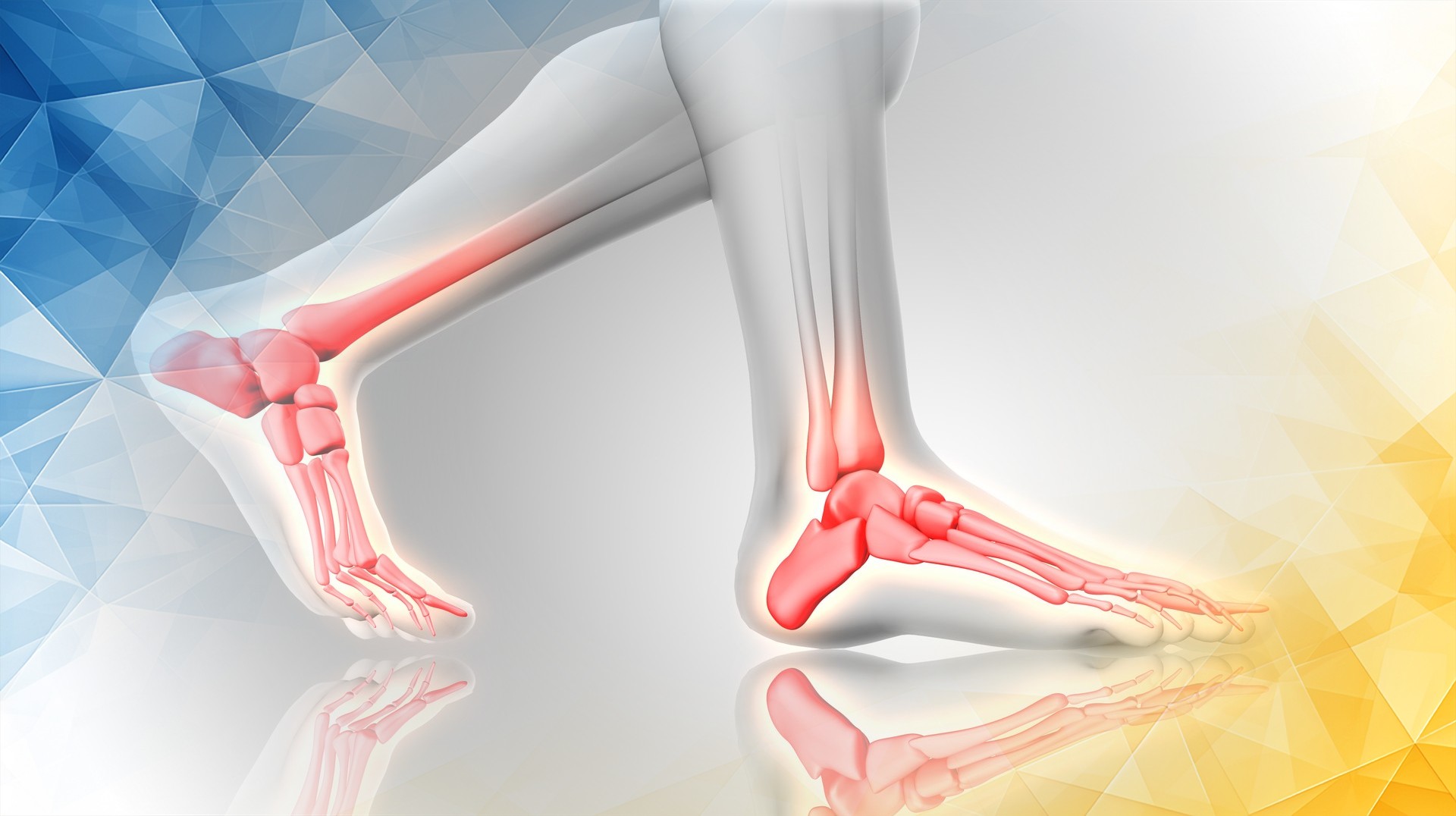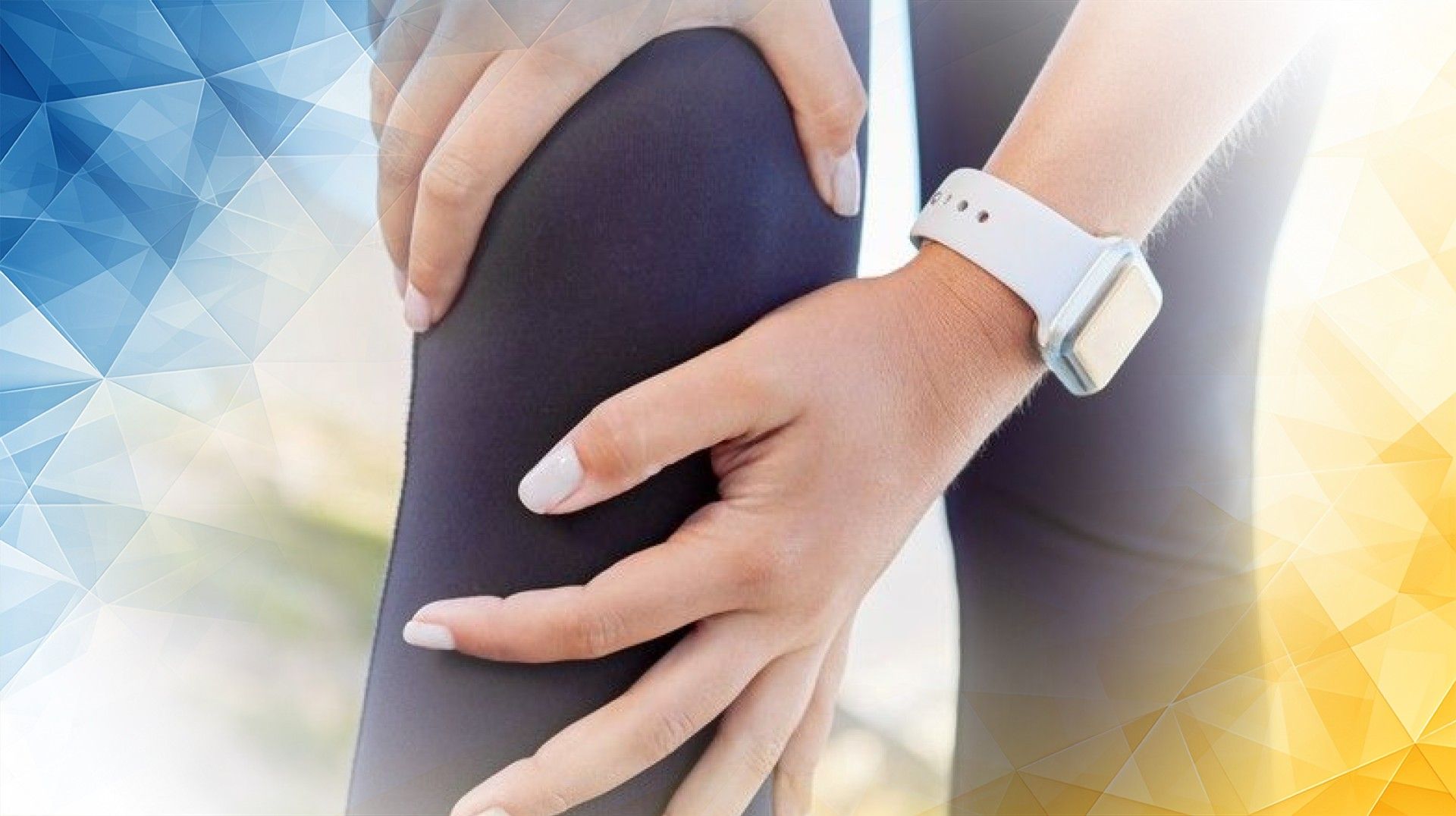



Knee cartilage damage is an issue that affects millions of people worldwide, often leading to pain, stiffness, and limited mobility. Thankfully, advances in arthroscopic surgery —a minimally invasive procedure —are transforming the way these injuries are treated. This state-of-the-art approach offers quicker recovery times and better outcomes compared to traditional surgery. In this article, we’ll explore how arthroscopic surgery is raising the standard for knee cartilage repair and helping people return to their daily lives faster.
Knee cartilage is a smooth, flexible tissue that covers the ends of bones inside the knee joint . It acts as a cushion, allowing the joint to move smoothly—think of it as the padding in a door hinge. When cartilage gets damaged due to injury, aging, or arthritis, it often leads to pain and reduced mobility, making even simple activities feel challenging. Effective cartilage repair is critical for maintaining knee function and comfort.
Arthroscopic surgery is a modern, minimally invasive procedure used to treat joint problems. Instead of making a large incision, surgeons create tiny cuts around the knee to insert a slender camera (arthroscope) and specialized surgical tools. This setup allows the doctor to view the inside of the joint on a video screen and treat the problem with high precision, all while minimizing trauma to surrounding tissues. Thanks to improvements in imaging and surgical instruments, arthroscopy leads to less pain, smaller scars, and a much faster recovery than open surgery.
Here’s how a typical arthroscopic knee cartilage repair unfolds:
This systematic, targeted approach means patients often experience smoother healing and a quicker return to normal activities.
Recent technological breakthroughs have made arthroscopic surgery even more reliable and effective. High-resolution cameras and advanced imaging—sometimes even with 3D views—give surgeons a clearer perspective inside the knee , making it easier to identify and treat injuries. New surgical tools, like radiofrequency probes that precisely smooth damaged tissue, and nano-sized devices for delicate repairs, further improve outcomes. These improvements often translate to shorter surgery times, less post-operative pain, and speedier recoveries.
Studies consistently show that patients who undergo arthroscopic cartilage repair tend to recover more quickly, experience less pain, and return to their normal routines sooner than those who have open surgery. The risk of complications, infections , or unsightly scars is also greatly reduced. These advantages contribute to better knee function and higher patient satisfaction—making arthroscopy the go-to option for many types of cartilage injuries.
The future of arthroscopic knee surgery is bright and exciting. Researchers are developing new ways to enhance cartilage healing , such as using stem cells and biological therapies that boost the body’s natural repair mechanisms. Technological advancements, like even better imaging and robotic-assisted surgery, promise to make these procedures more precise than ever. Ongoing clinical trials are paving the way for treatments that could offer even better results for patients with cartilage damage.
Arthroscopic surgery has truly transformed the treatment of knee cartilage injuries . By combining minimally invasive techniques with advanced technology, it delivers more accurate repairs, shorter recovery periods, and outstanding outcomes. As innovations continue, arthroscopy will remain an essential tool for helping people move comfortably and live active, pain-free lives.
Lynch, T. S., Terry, M. A., Bedi, A., & Kelly, B. T. (2013). Hip Arthroscopic Surgery. The American Journal of Sports Medicine, 41(5), 1174-1189. https://doi.org/10.1177/0363546513476281
Shimozono, Y., Seow, D., Kennedy, J. G., & Stone, J. W. (2018). Ankle Arthroscopic Surgery. Sports Medicine and Arthroscopy Review, 26(4), 190-195. https://doi.org/10.1097/jsa.0000000000000222
Bedi, A., Kelly, B. T., & Khanduja, V. (2013). Arthroscopic hip preservation surgery. The Bone & Joint Journal, 95-B(1), 10-19.
All our treatments are selected to help patients achieve the best possible outcomes and return to the quality of life they deserve. Get in touch if you have any questions.
At London Cartilage Clinic, we are constantly staying up-to-date on the latest treatment options for knee injuries and ongoing knee health issues. As a result, our patients have access to the best equipment, techniques, and expertise in the field, whether it’s for cartilage repair, regeneration, or replacement.
For the best in patient care and cartilage knowledge, contact London Cartilage Clinic today.
At London Cartilage Clinic, our team has spent years gaining an in-depth understanding of human biology and the skills necessary to provide a wide range of cartilage treatments. It’s our mission to administer comprehensive care through innovative solutions targeted at key areas, including cartilage injuries. During an initial consultation, one of our medical professionals will establish which path forward is best for you.
Contact us if you have any questions about the various treatment methods on offer.
Legal & Medical Disclaimer
This article is written by an independent contributor and reflects their own views and experience, not necessarily those of londoncartilage.com. It is provided for general information and education only and does not constitute medical advice, diagnosis, or treatment.
Always seek personalised advice from a qualified healthcare professional before making decisions about your health. londoncartilage.com accepts no responsibility for errors, omissions, third-party content, or any loss, damage, or injury arising from reliance on this material. If you believe this article contains inaccurate or infringing content, please contact us at [email protected].